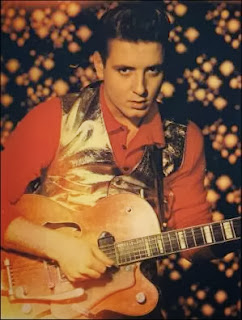 Let me introduce you to a lovely lady Margo Bernard, who is a singer / Songwriter , She also tributes other well known artists in her determination to look after animals by paying for them from her Musical talent, Not only is she a Singer, She is also a poet and she has her own website on the matter ! Please read about her bellow .....
Let me introduce you to a lovely lady Margo Bernard, who is a singer / Songwriter , She also tributes other well known artists in her determination to look after animals by paying for them from her Musical talent, Not only is she a Singer, She is also a poet and she has her own website on the matter ! Please read about her bellow .....Margo was copying famous female singers of the day when she was only 3 years old.
This talent was put on hold all her life.. while she devoted 35 years to saving animals..
Now Margo breathes her way through Marilyn Monroe's top songs,
stomps her way through raunchy redneck country songs, puts the "rock" back into "rock songs".
Margo takes you on a journey down memory lane, as she sings her way through the decades a singer of songs for absolutely everyone!
https://www.facebook.com/MargoSingerSongwriter?ref=hl
Meet MARGO
Singing in the Voices of the Living Legends
Shirley Bassey "Hey Big Spender"
Patsy Cline "Crazy"
Tina Turner "Simply the Best"
Steppenwolf "Born to Be Wild"
Marilyn Monroe "Diamonds Are A Girl's Best Friend"
Gretchen Wilson "Redneck Woman"
Jeannie C Riley "Harper Valley PTA"
AC/DC "Long Way to the Top if you Wanna Rock'n'Roll"
Dusty Springfield "Son of a Preacher man"
Janis Joplin "Mercedes Benz"
Patsy Cline "Cheating Heart"
Shirley Temple (4 year old voice) "On the Good Ship Lollipop"
I must say that after listening to her demo of facebook, I am impressed with the voice of this lady, She has a smooth and sometimes sexy voice that you just have to listen to once you have heard her sing ! Good luck with your venture Margo and keep up the good work !
You can read about other great Singers / Musicians / Good causes etc on this blog
or go to Paul Burns Music www.friendburst.com/Rockhousemusicproject
or go to The Rockhouse Music Project page on facebook (Please like my page )
Thanks for your support and for reading this blog


















































